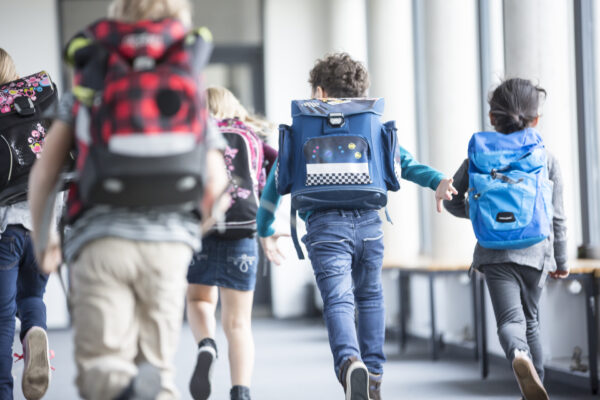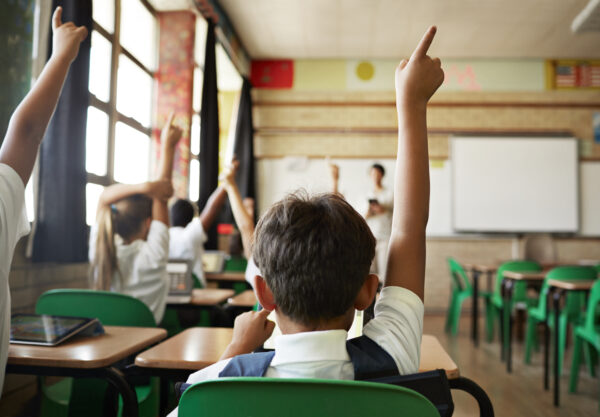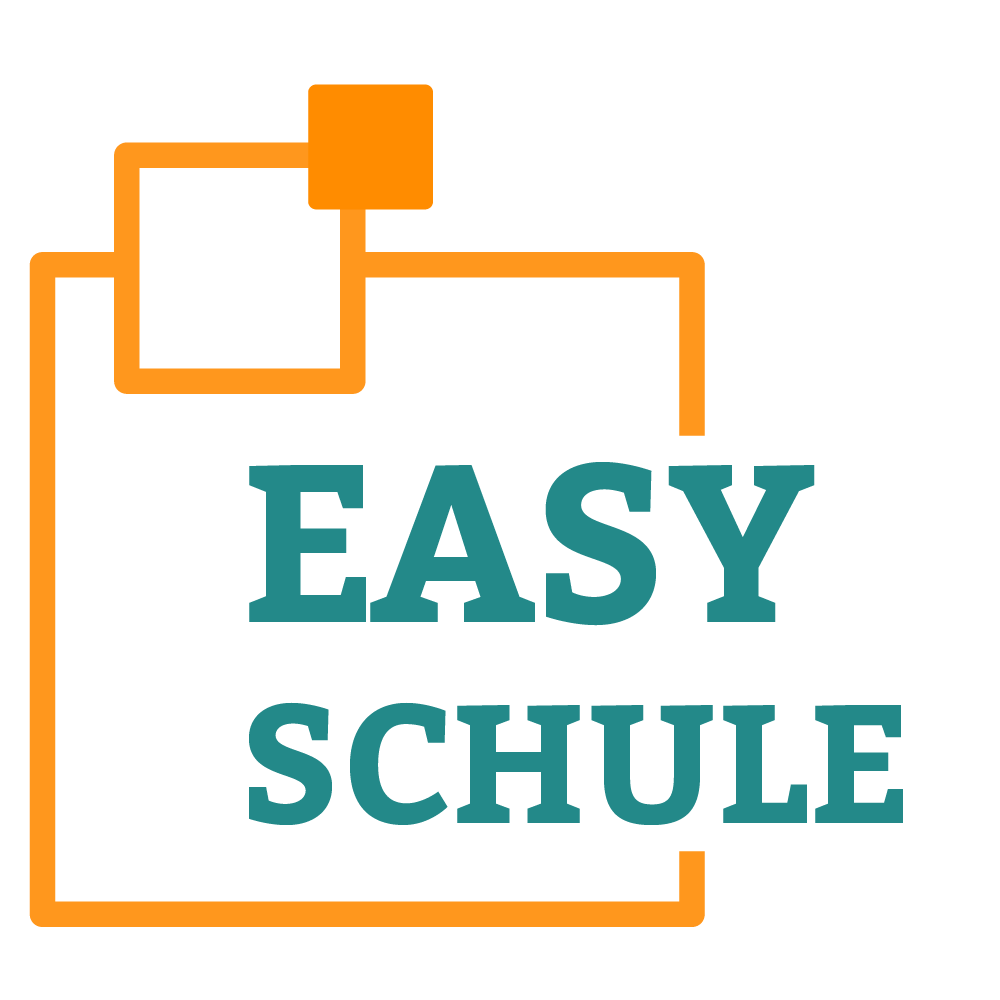Discover the Education and Participation Package
In Germany, educational equity is at the forefront of numerous social policy efforts. One of the key initiatives in this regard is the Education and Participation Package (BuT). Its goal is to facilitate access to educational resources and social activities for children and young people from low-income families. This is a crucial step towards promoting equal opportunities and integration into society.
Table of contents for the Education and Participation Package

Educational Equity in Germany
Educational equity is a cornerstone of a just and inclusive society. However, in Germany, educational inequalities persist, often linked to socioeconomic status. The Education and Participation Package is a response to these challenges. It enables children and young people, regardless of their family background, to access crucial educational and participatory opportunities.
What does Educational Equity mean?
Educational equity is a concept that emphasizes equal access to educational resources and opportunities for all individuals, regardless of socioeconomic status, gender, ethnic background, or other personal characteristics.
Its aim is to create a just educational landscape in which everyone has the opportunity to reach their full potential and receive a high-quality education. Educational equity involves the removal of barriers and inequalities that could disadvantage certain groups and promotes the provision of resources, support, and opportunities to help all students succeed. This principle is fundamental to the creation of an inclusive and just society, as education is often seen as a key to social mobility and a better life.
Current Challenges for the Educational Equity in Germany
In Germany, as in many other countries, educational equity remains a persistent challenge. Some of the current issues include:
- Socioeconomic Disparities: Children from low-income families often have less access to educational resources and extracurricular activities, which can hinder their educational opportunities.
- Educational Access: In some regions, geographical and infrastructural barriers can make it harder to access high-quality education.
- Disparities in Educational Outcomes: There are still significant differences in educational outcomes among different social and ethnic groups.
- Early selection and division process in German school System: In Germany, pupils are divided into three different types of schools based on academic performance (Gymnasium, Realschule and Hauptschule). This three-tiered school system can limit educational opportunities for children from disadvantaged backgrounds, as early selection process can have long-term effects on their educational and career prospects.
Measures for the Improvement of Educational Equity
In Germany, various measures are being implemented in order to to improve educational equity. These include:
| Promotion of Equal Opportunities | Investments in Education | Teacher training | Parental Engagement |
|---|---|---|---|
| Initiatives such as the Education and Participation Package aim to promote access to educational resources and social participation for all children and young people. | Increasing investments in educational infrastructure, especially in disadvantaged areas, can help improve the quality and accessibility of education. | Teacher training in inclusive education and the promotion of diversity contribute to a more equitable educational environment. | Involving parents and providing resources to support them in assisting their children’s educational journey is also crucial for promoting educational equity. |
By implementing and promoting these and similar measures, Germany can take steps towards a more equitable and inclusive educational landscape to ensure that all children, regardless of their background, have the opportunity to learn and develop successfully.
The Goal of the Education and Participation Package
The main goal of the Education and Participation Package is to promote educational opportunities and social participation for children and young people, especially those in low-income families. By providing financial support for school activities, leisure activities, and other educational resources, it creates a foundation for a successful educational path and active participation in social life.
Benefits of the Education and Participation Package
The Education and Participation Package is a crucial resource aimed at improving the educational landscape for low-income families. Through a range of benefits, it supports children and young people on their educational journey and promotes their active participation in social life.
The Education and Participation Package includes a variety of benefits that focus on various aspects of learning and social integration. The main benefits of the package are:
| Tutoring | School Supplies | Excursions and Field Trips | Participation in Social Life |
|---|---|---|---|
| Support for children and young people who need additional help in school to improve their academic performance. | Provision of necessary materials such as school bags, books, and stationery. | Financial support for school excursions and field trips that enable practical learning outside the classroom. | Promotion of participation in leisure activities such as sports, music, or art to develop social skills and foster integration into the community. |
Tutoring and School Supplies: Foundation for a Successful Education
Tutoring and school materials are crucial elements which lay a solid foundation for school success. Tutoring aims to improve children’s academic performance by providing individual support measures. School supplies ensure that every child has access to the necessary materials to participate in classes and learn successfully.
Excursions and Field Trips: Practical Learning Outside the Classroom
Excursions and field trips are essential parts of the learning process that allow students to gain practical experiences and apply their knowledge in real-world settings. The educational package provides financial support for these activities, ensuring that all children have the opportunity to participate in these valuable learning and social experiences.
Participation in Social Life: More Than Just Learning
Participation in social life goes beyond learning and is crucial for the personal and social development of children. By participating in various extracurricular activities, children can improve their social skills, discover new interests, and build valuable relationships with peers. The Education and Participation Package supports social participation by covering the costs of memberships in sports clubs, music schools, or other leisure activities.

Application Process for the Education and Participation Package
Here’s your guide to applying for Education and Participation Package:
The right Forms: First step towards the Education and Participation Package
Providing the right forms is crucial for a successful application process. The key forms you will need include the general application form for the Education and Participation Package and specific forms for particular benefits such as school supplies or educational support. Ensure that you complete all forms fully and include the necessary supporting documents.
Deadlines and Procedures: What to do if
Observing the deadlines is crucial for the approval of your application. Make sure to submit your application on time and keep track of all the necessary steps. Check with your local job center or social welfare office for specific deadlines and procedures regarding the application and processing.
Regional Differences – Federal States and the BuT
The Education and Participation Package (BuT) is a nation wide program, but there are certain differences in implementation and the services offered between the federal states (Bundesländer) in Germany.
Each federal state has the possibility to tailor certain aspects of the BuT program to its specific needs and resources. This can lead to variations in the services offered, income thresholds, and application procedures. Therefore, it is advisable to inquire about the regional requirements and application process in your federal state.
Local Offices: Local Counseling and Support
There are various offices you can reach out to for counseling and support regarding the Education and Participation Package:
- Regional Counseling Centers:
Each federal state has counseling centers that can help you understand the application procedures and fill out the necessary forms. - Job Centers and Social Welfare Offices (Sozialämter):
These offices are your primary contacts for application and can also provide guidance on the various services offered by the BuT program. - Educational Counseling:
Professional educational counseling can offer additional support and guidance to ensure that you make the best use of the available resources.
Frequently Asked Questions about the Education and Participation Package
Disclaimer
The information on this website has been carefully researched. However, we cannot guarantee its timeliness, accuracy, completeness, or quality. Please verify the information with the relevant authorities or institutions. Liability claims arising from the use or non-use of this information are excluded. This website displays imagery from GettyImages.
